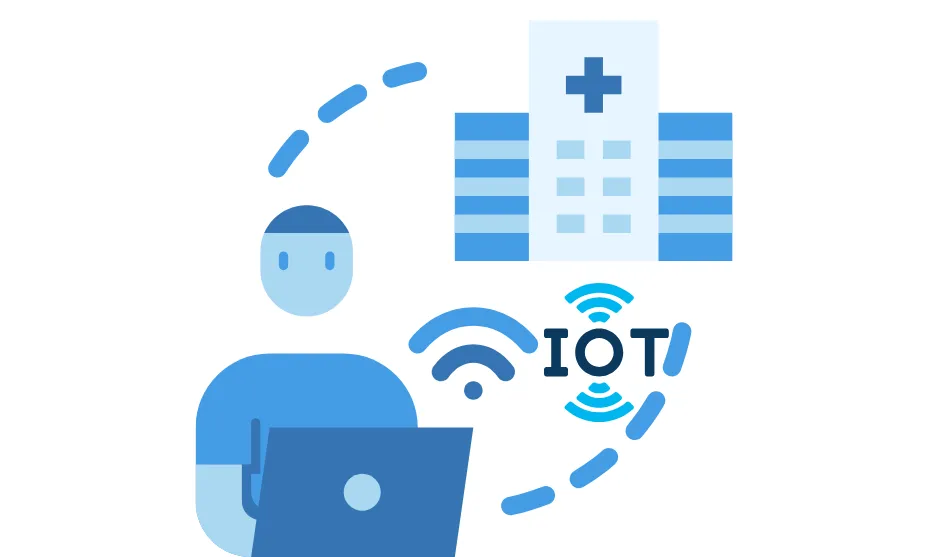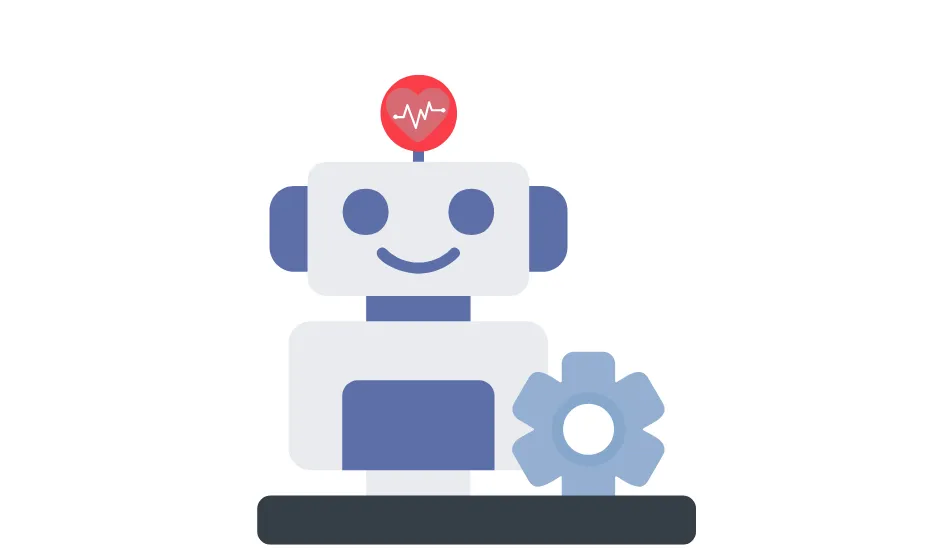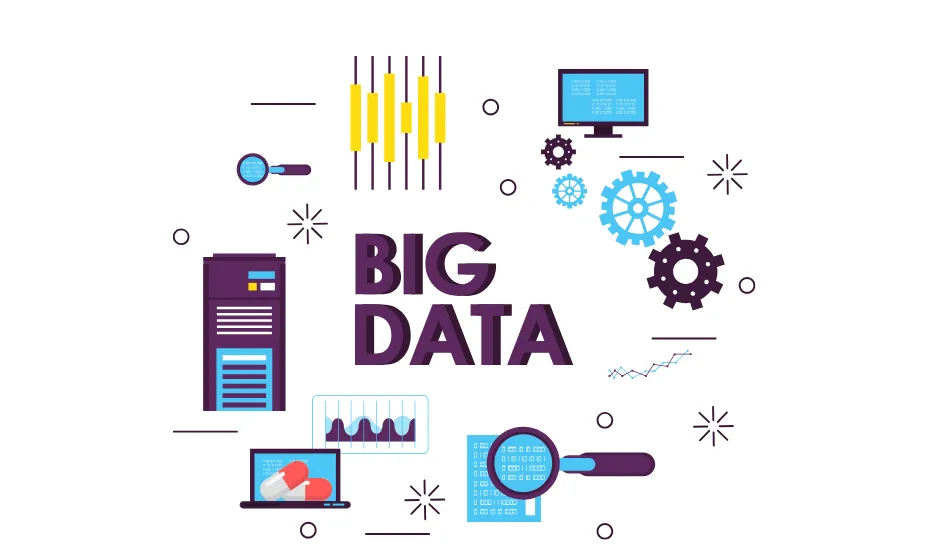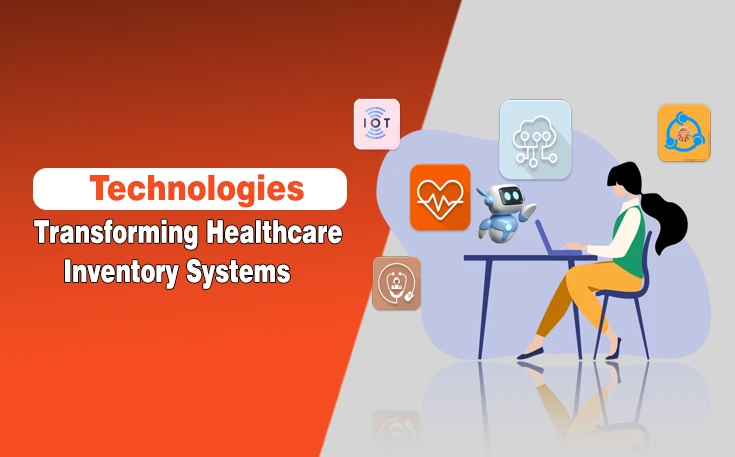Effective medical inventory management is essential for maintaining patient safety, reducing expenses, and streamlining operating procedures in the dynamic healthcare sector.
However, the needs of contemporary healthcare institutions are frequently not satisfied by traditional inventory tracking and management techniques. Presenting cutting-edge technologies, which are transformative instruments that are transforming the way inventory systems function.
Healthcare companies are using creative ways to efficiently manage their supplies as the importance of accuracy, real-time visibility, and automation grows.
Let’s discuss the 5 major technologies that are currently revolutionizing healthcare inventory systems.
5 Best Technologies Transforming Healthcare Inventory Systems
1- The Internet of Things (IoT)

The Internet of Things has revolutionized medical inventory management by making it possible to track and monitor medical equipment and supplies in real time. Connected devices equipped with RFID tags and sensors can:
- Track Inventory in Real Time: To avoid shortages or overstocking, keep an eye on the quantities of pharmaceuticals, surgical instruments, and consumables in stock.
- Simplify Asset Administration: Keep track of expensive equipment, such as infusion pumps and ventilators, to make sure they are there when needed.
- Enhance Usage Understanding: Get information on usage trends to assist in streamlining ordering procedures and cutting down on waste.
To minimize downtime and guarantee continuous patient care, IoT-enabled systems, for instance, can notify employees when a vital item is running low or when equipment needs maintenance.
2- Artificial Intelligence (AI)

AI is revolutionizing healthcare inventory systems’ decision-making and predictive analytics. Important advantages include:
- Demand Forecasting: To minimize stockouts and excess supplies, AI systems examine consumption patterns and historical data to forecast future inventory demands.
- Automation of Routine Tasks: Free up employees for higher-value work by streamlining repetitive procedures like order placing and stock audits.
- Optimized Supply Chains: Supply chain optimization involves detecting inefficiencies and suggesting workable fixes.
Healthcare companies may move from reactive to proactive inventory management with AI-driven technologies, which will ultimately lower costs and enhance service quality.
3- Blockchain Technology

Blockchain is especially useful in the healthcare industry since it guarantees supply chain security and transparency. It is capable of:
- Verify Authenticity: Prevent fake drugs by offering an unchangeable record of a medication’s path from producer to consumer.
- Improve Traceability: Monitor and follow medical supplies as they move through the supply chain, making sure that all legal requirements are met.
- Safe Exchange of Data: Make it easier and safer for stakeholders to share inventory data.
Healthcare providers can improve patient safety by incorporating blockchain technology into inventory systems to increase responsibility and trust in their supply chains.
4- Robotic Process Automation (RPA)

RPA ensures increased accuracy and efficiency in inventory management by automating repetitive human activities. Among the applications are:
- Automated Stock Replenishment: When stock levels drop below predetermined criteria, orders are automatically generated and processed.
- Error Reduction: Get rid of mistakes made by hand when entering data, guaranteeing correct documentation and compliance.
- Time savings: Give employees more time for key projects and patient-facing duties.
For instance, an RPA-driven system can automatically reconcile inventory records with supplier invoices, ensuring seamless operations and reducing administrative burdens.
5- Big Data and Advanced Analytics

Healthcare firms may get relevant information from their inventory systems by integrating big data capabilities with advanced analytics. Important advantages include:
- Performance Monitoring: Evaluate inventory efficiency by examining important data, including turnover rates and stockouts.
- Customized Reporting: Create reports that are specific to the needs of various stakeholders, such as C-suite executives and procurement teams.
- Strategic Planning: Lastly, make well-informed choices on inventory regulations and upcoming investments by utilizing data-driven insights.
In addition to aiding in the optimization of ongoing operations, advanced analytics lays the groundwork for future advancements in inventory management techniques.
The Role of Integration and Collaboration
Although each of these technologies has advantages of its own, when combined into a coherent system, their full potential is accessible. In order to establish a uniform inventory management framework, healthcare organizations are rapidly implementing solutions that integrate IoT, AI, blockchain, RPA, and sophisticated analytics. By guaranteeing smooth data transfer between departments, this integration improves teamwork and makes comprehensive decision-making possible.
Combination of IoT and AI
When IoT and AI work in combination, for instance, real-time sensor data can reach straight into predictive algorithms, providing instant insights and useful suggestions. Similarly, integrating blockchain guarantees that all movements and transactions within the inventory system are transparent and safe, promoting stakeholder trust.
Furthermore, in order to customize these technologies to fit particular organizational demands, cooperation with technology suppliers and bespoke solution providers is essential. In the ever-changing healthcare landscape, a one-size-fits-all strategy is rarely enough, thus, flexibility is essential to the effective adoption of new technologies.
The Future of Healthcare Inventory Systems
As healthcare organizations use these technologies, the future of inventory management looks more connected, smart, and resilient. By integrating IoT, AI, blockchain, RPA, and advanced analytics into their systems, healthcare providers can:
- Enhance patient outcomes through better supply availability.
- Reduce operational costs by minimizing waste and inefficiencies.
- Strengthen compliance with stringent healthcare regulations.
The advanced inventory systems are no longer optional; they’re essential for staying competitive in a rapidly evolving industry.
Final Thoughts
Healthcare inventory systems are being revolutionized by advanced technologies, which allow businesses to function with accuracy and efficiency.
AI’s predictive analytics and the Internet of Things’ real-time monitoring features are just two examples of the distinct benefits that each technology brings to the table to revolutionize inventory management.
Healthcare providers can guarantee smooth operations, reduce expenses, and, improve patient care, by utilizing these advancements.





